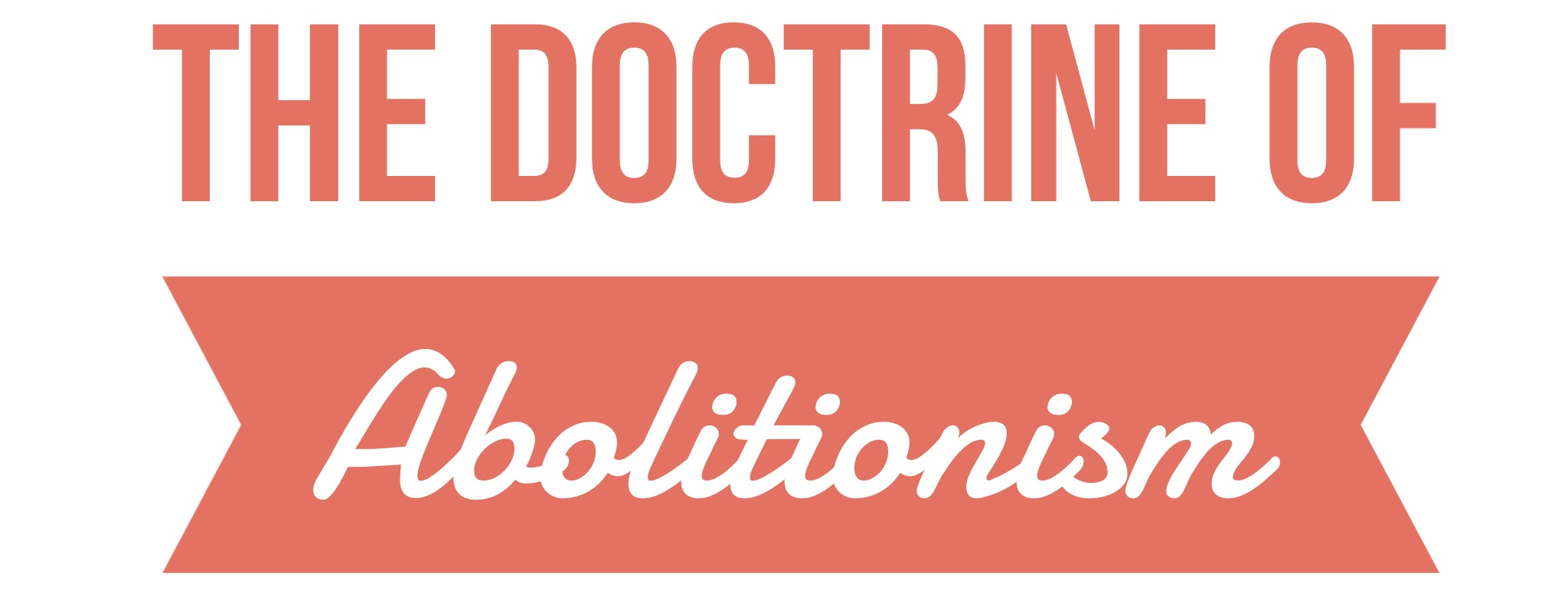The History of Abolitionism
Originally a term coined in the fight against human slavery, abolitionism has now been adopted by many engaged in the Christian fight against human abortion.
Through the ages, abolitionism has been adopted by many different men and women of diverse theological backgrounds. At different points in history, abolitionism has been adopted by Roman Catholics, Anglicans, Quakers, Unitarians, Particular Baptists, Methodists, Presbyterians, and more. Many of these men and women were orthodox followers of Christ while others adopted heterodox or even heretical ideas that placed them outside of the Christian faith. Though we recognize that theologically errant men and women were active and outspoken abolitionists, we also recognize the many abolitionists of human slavery were faithful and orthodox brothers and sisters in Christ. As the scholar and historian Daniel Ritchie has stated,
“Popular mythology, especially that propagated by the exponents of Neo-Confederacy, would have us believe that all those who criticized the system of chattel slavery that existed in antebellum America were either secularists or adherents to heterodox religious opinions”1
Furthermore, and most importantly, we recognize that the principles that those faithful stood for were and remain biblical principles.
Though abolitionism as a term is only a few hundred years old, the abolitionist ideas of fighting for justice and mercy in a Gospel centered and uncompromised manner is as old as truth. The prophets of God declared God’s justice, mercy, and vindication. The early church fed the poor and saved discarded newborns against pagan law. For ages some Christians have stood against injustice and have diligently offered a hand of assistance to those oppressed.
Abolitionism did not start with slavery and will not end with abortion.
- Daniel Ritchie (2013). Radical Orthodoxy: Irish Covenanters and American Slavery,circa 1830–1865. Church History, vol 82, pp 812 doi:10.1017/S0009640713001157
